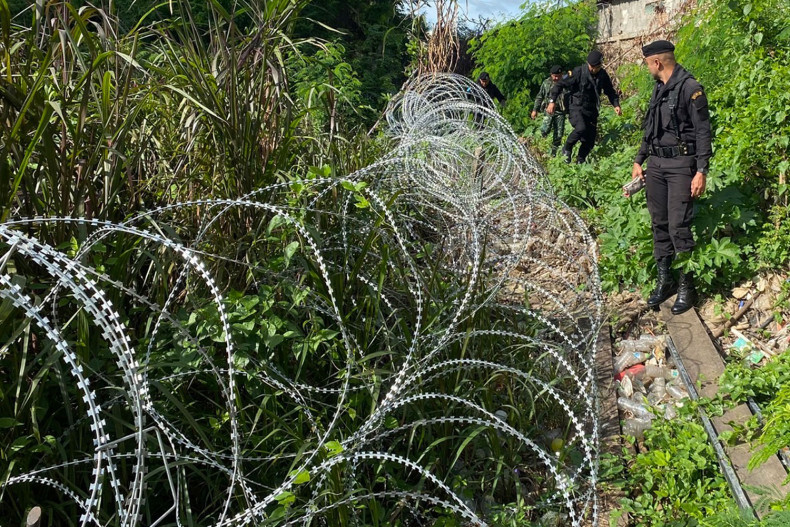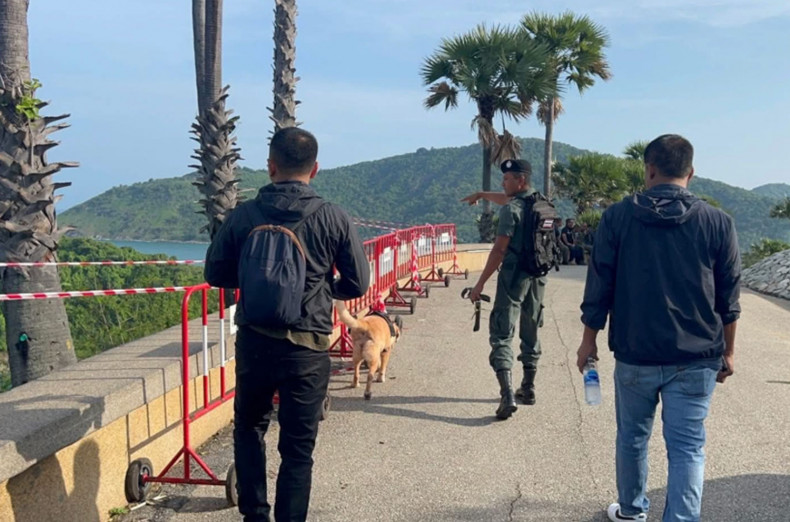Telecom Regulator’s Bold Move
Cutting Cross-Border Connections
Thailand’s National Broadcasting and Telecommunications Commission (NBTC) has directed all telecom operators to sever broadband and mobile internet links to Cambodia, effective within 15 days for border areas. The decision targets the Khlong Luek crossing in Sa Kaeo’s Aranyaprathet district, near Poipet’s casino hub, a known hotspot for cybercrime. This move is part of a broader government strategy to dismantle call center scam networks operating across the border.
Stricter SIM Card Oversight
Tracking Sales to Curb Fraud
To combat scammers exploiting Thai telecom infrastructure, the NBTC now requires operators to submit SIM card sales reports every 15 days. Operators must verify user identities and purposes for SIMs used in Cambodia, ensuring no connections support fraudulent activities. This rigorous oversight aims to choke off the communication channels used by scam syndicates, particularly those targeting Thai citizens with fraudulent calls and messages.
Protecting Local Access
Ensuring Thai Connectivity
While cutting signals to Cambodia, the NBTC is taking steps to maintain mobile access for Thais near the border. Mobile SIM vehicles will be deployed to mitigate disruptions for local residents. For Thai operators with Cambodian branches, separate transmission systems will be established to preserve their legitimate services, balancing the crackdown with minimal impact on lawful users.
Cybercrime Decline Noted
Impact of Border Restrictions
The Royal Thai Police report a noticeable drop in cybercrime cases since border telecom restrictions began. Inspector-General Pol Gen Thatchai Pitaneelaboot highlighted that sealing the border and cutting communications has disrupted scam operations. However, limited cooperation from Cambodian authorities complicates efforts, as past joint initiatives to tackle fraud have been minimal, leaving Thai police to act unilaterally.
Targeting Scam Hubs
Focus on Poipet’s Operations
Thai authorities are investigating two high-rise buildings in Poipet, suspected as major scam bases. The probe includes examining links to Huione Group, a Cambodian financial firm flagged by the U.S. as a money laundering concern. While evidence is still being gathered, Thai cyber police have identified significant funds from online gambling and scams flowing through this entity, underscoring the scale of the cross-border challenge.
Regional Tensions and Cooperation
Navigating Bilateral Challenges
The internet cutoff follows Cambodia’s earlier decision to halt Thai connectivity, escalating border tensions. Thai police note a lack of collaboration from Cambodia, complicating efforts to pursue scam operators. Future cooperation hinges on resolving these disputes, with Thailand pushing for prosecutions and urging regional dialogue to address the transnational nature of cybercrime, ensuring a unified front against fraud networks.









